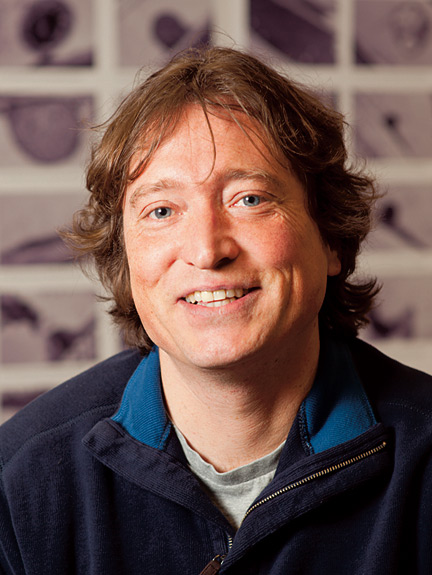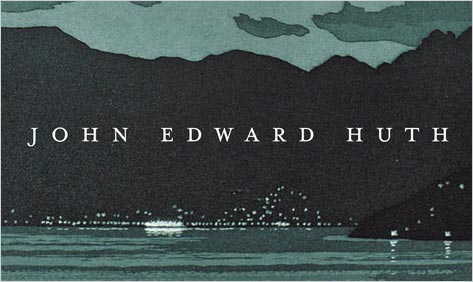Tuesday, June 3, 7:00 pm – 8:30 pm – The Secret Dynamics of Plants
Plants feed our planet and attract our attention with their beauty. Their immobility imparts the sense of calmness and makes us rest and relax in their shadow. Deep inside, however, plants are all but immobile and quiet. On a cellular and tissue level, plants are actually more active, variable and exciting than animals, at least in the opinion of Michael Knoblauch, PhD, Plant Cell Biologist and Director, Franceschi Microscopy and Imaging Center, Washington State University, and Bullard Fellow, Harvard Forest, Harvard University. On Tuesday, June 3, beginning at 7 pm, will lead you into the motile microscopic world of plants to discuss mysteries such as the “plant’s heartâ€, their “nervous system†and “green musclesâ€. The lecture is accompanied by an art exhibition of large scale microscopic images on display in the Hunnewell Building, May 28–June 13.
The talk will take place in the Hunnewell Building at the Arboretum, and the talk is free for Arboretum members, $10 for nonmembers. Register online at http://my.arboretum.harvard.edu/SelectDate.aspx or call 617-384-5277.









